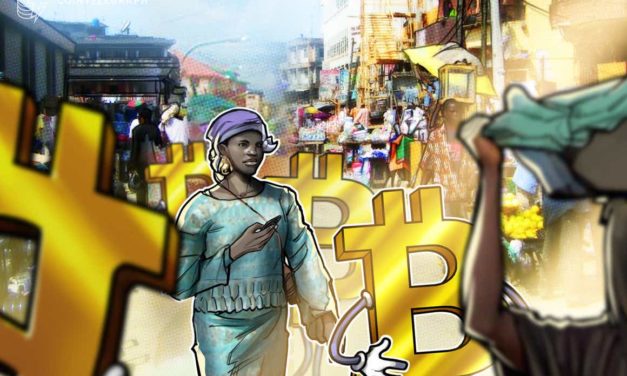Israeli crypto entrepreneur joins privacy-focused project amid fraud allegations
Moshe Hogeg said he was a “small” but “significant” part of the Tomi team, handling a network solution that seemed to allow transactions of ERC-20 tokens without an Etherscan record.
Čítaj viac






